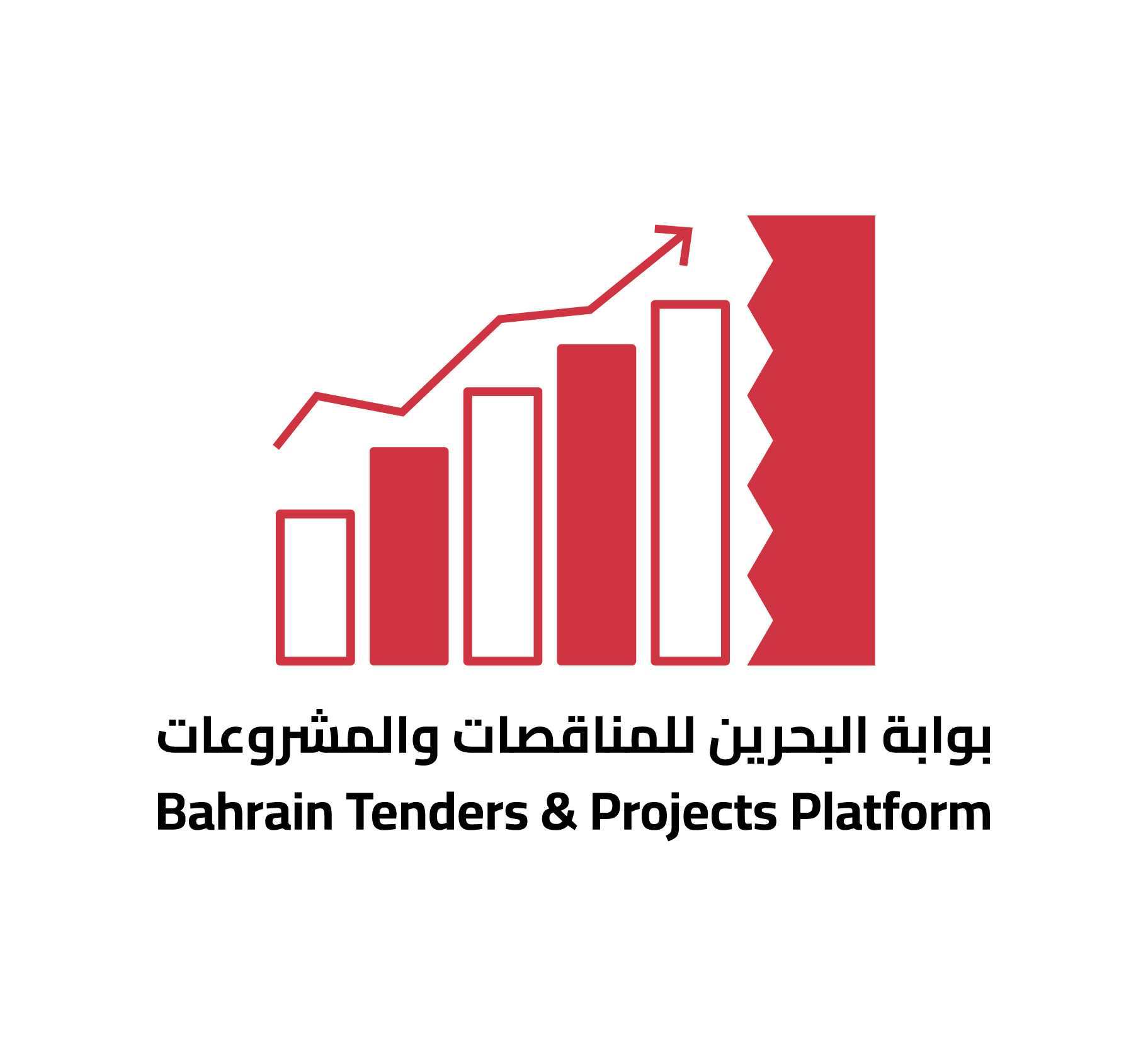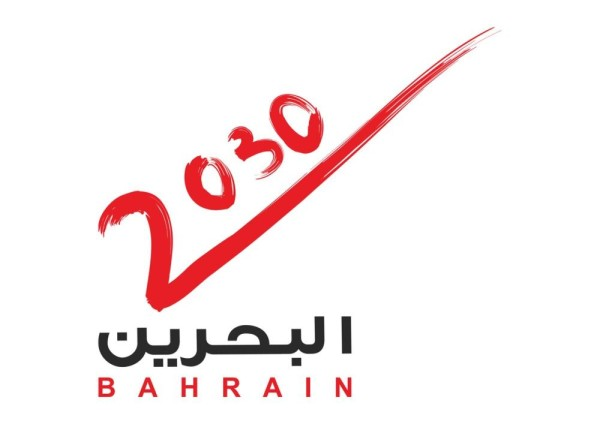Gulf International Bank (GIB) has published its first groupwide Sustainability Report which shows its commitment to sustainable growth and performance against environmental, social and governance indicators.
The Report provides an overview of GIB’s strategic approach to sustainability and the Bank’s direct activities and initiatives and discloses them in accordance with the Global Reporting Initiative (GRI) for the year 2021.
It also sets out the values and principles that guide the bank’s behaviours via a group sustainability framework that was adopted in 2021 to ensure that sustainability is embedded in GIB’s approach and offerings.
These include sustainability-linked loans to clients, micro, small and medium enterprise (MSME) financing, advisory on green sukuk issuance and sustainable asset management solutions.
Among the Report’s highlights are a number of significant milestones achieved during the year are: 31 per cent reduction in scope 1 & 2 greenhouse gas emissions relative to 2020; 29.6pc female representation in 2021, up from 25pc in 2018; Launch of the Sustainable World Fund, which offers investors the opportunity to invest in a fully sustainable vehicle;
Issuance of a $625m sustainability-linked syndicated loan for GIB – the first for a Bahrain headquartered bank and a first for a majority Saudi-owned bank; Incorporation of sustainability in risk management and profiling for all clients – the programme began in 2021 and is being rolled out on a phased basis through 2022 and introduction of a supplier code of conduct that seeks to ensure the bank’s supply chain operates on sustainable lines.
Commenting, group chief executive Abdulaziz Al Helaissi said, “This time last year, every meeting room at GIB’s HQ had a supply of plastic water bottles. Today, there are none in the building. Whilst this is a tiny proportion of the estimated 1.4bn plastic bottles used every day globally, for us it was a very visible manifestation of the cultural change underway at GIB and every person can play their part to support the institution they work for. Reducing plastic and greenhouse gas emissions, and increasing our diversity and inclusion, are only some of the improvements we have made as we aim to become a more sustainable bank. Most importantly, we have begun to offer a set of sustainable finance products to support our client in their own sustainability efforts.”





